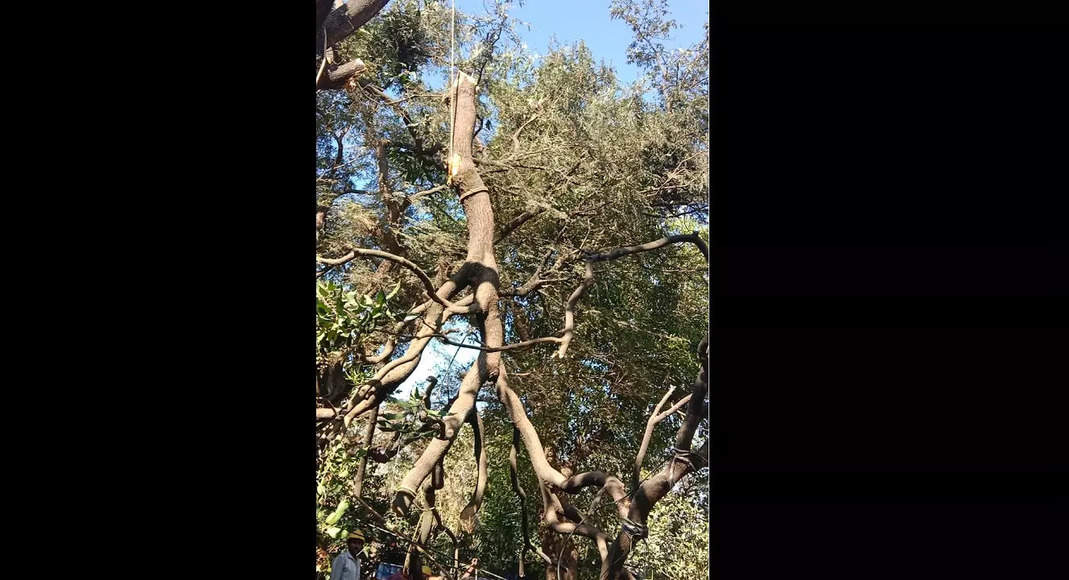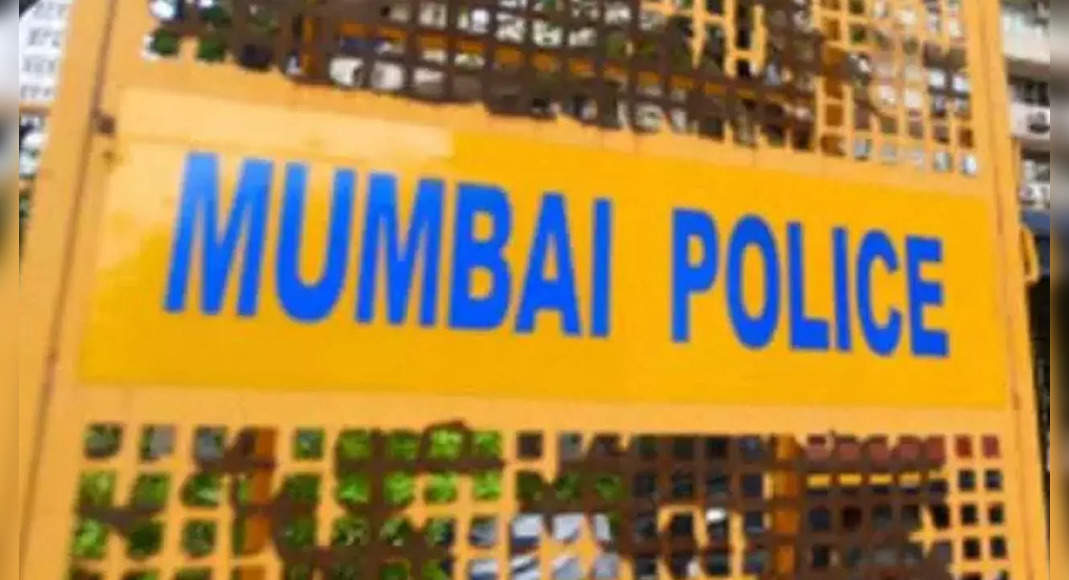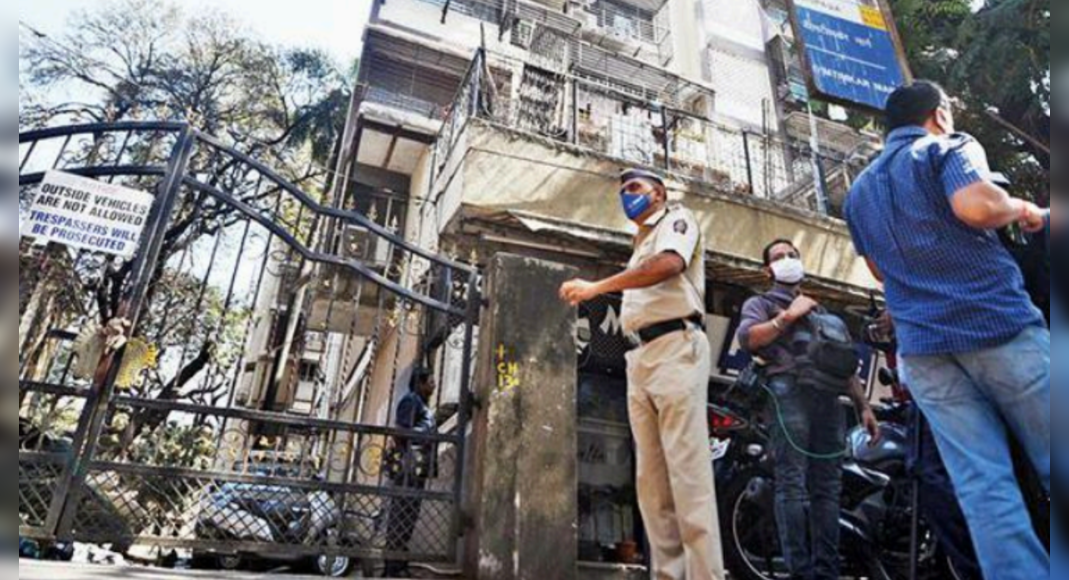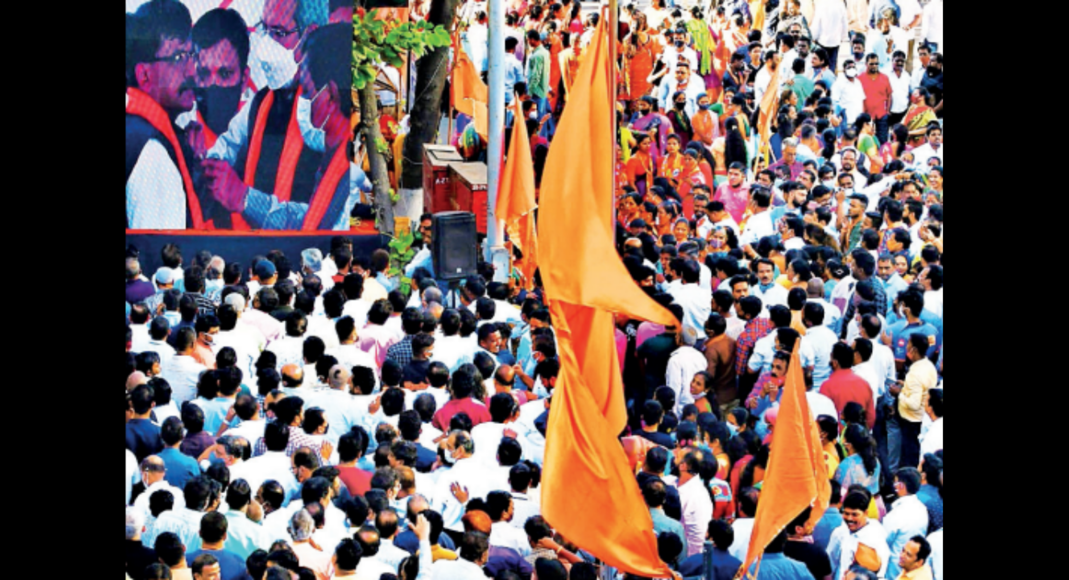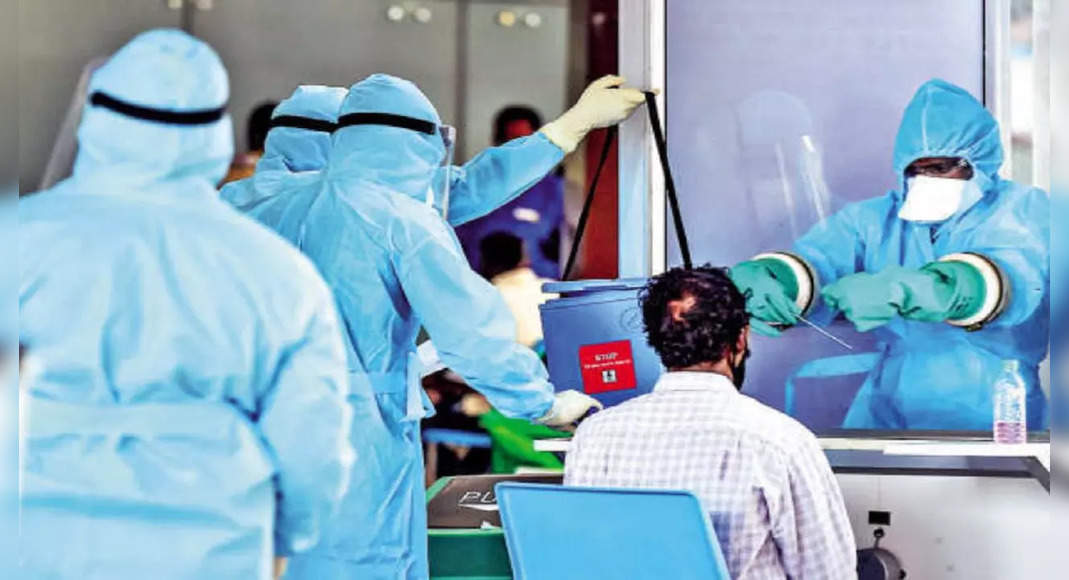MUMBAI: The civic standing committee on Wednesday rejected the BMC’s proposal for an around 14% hike in property tax rates in Mumbai.
With stern opposition from the BJP and the Congress, the Shiv Sena moved a motion to merely “record” the proposal and have it cleared by the standing committee.
A motion to “record” the proposal to hike property tax was moved by Shiv Sena corporator Vishakha Raut.
Once a proposal is recorded, it usually goes into cold storage and is not revived.
The BMC wanted to hike the property tax rates by 14% by proposing to calculate based on new ready reckoner (RR) rates.
Political observers say with BMC elections just six months away, the proposed hike had turned into a political hot potato, especially for Shiv Sena which is the ruling party in the BMC and part of the Maha Vikas Aghadi government led by chief minister Uddhav Thackeray.
With revision of taxes based on current RR rates, the BMC wanted to hike the tax for all properties by around 14%.
The current property tax rates are calculated on RR rates for 2015.
Now, though, the BMC wants to revise the calculation based on the current RR rates.
“The BMC reduced premiums for builders in the wake of the Covid-19 pandemic and the lockdown and even hotels and restaurants were given a kindness package by means of a waiver in property tax.
But the BMC wanted to hike the property tax of the common man,” said BJP corporator Vinod Mishra.
Congress corporator Ravi Raja who had first opposed the hike said the proposal must be rejected permanently and not just merely till the BMC polls, scheduled in February 2022.
“The BMC must reduce the property tax for middle-class homes instead of hiking it.
Many have suffered a loss in income due to Covid-19-induced lockdowns and they must be given relief.
The BMC has given relief to contractors too but none to common citizens,” Raja said.
BMC officials said the revision in property tax rates took place in 2015.
According to the amendment made in Mumbai Municipal Corporation Act, the revision in property tax rates is carried out once in five years and usually at the end of the five-year term.
The fresh revision was scheduled for 2020-25.


